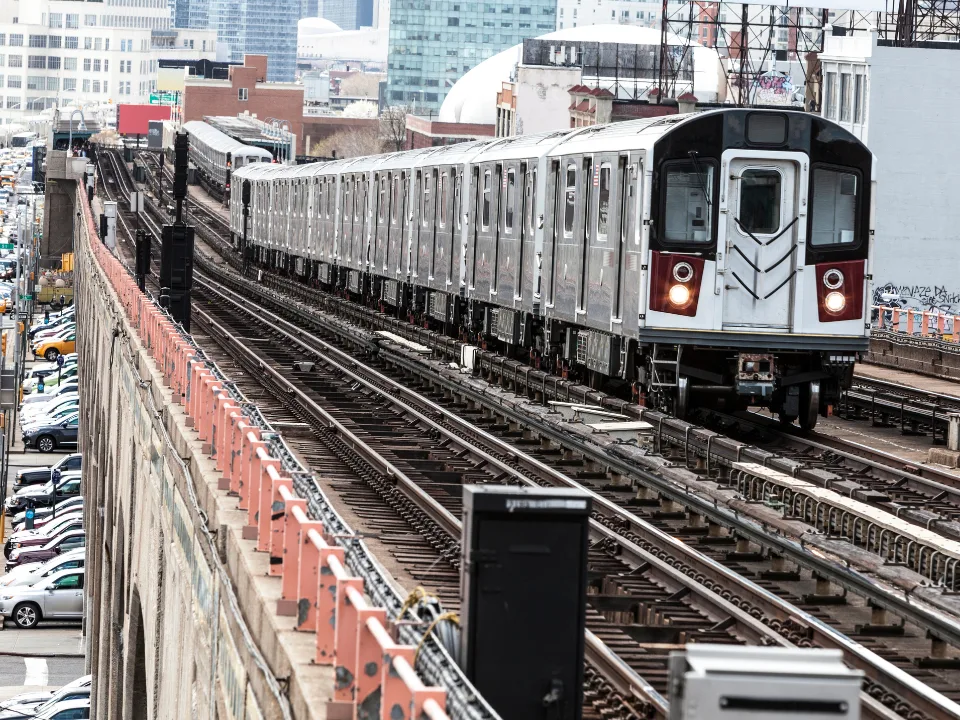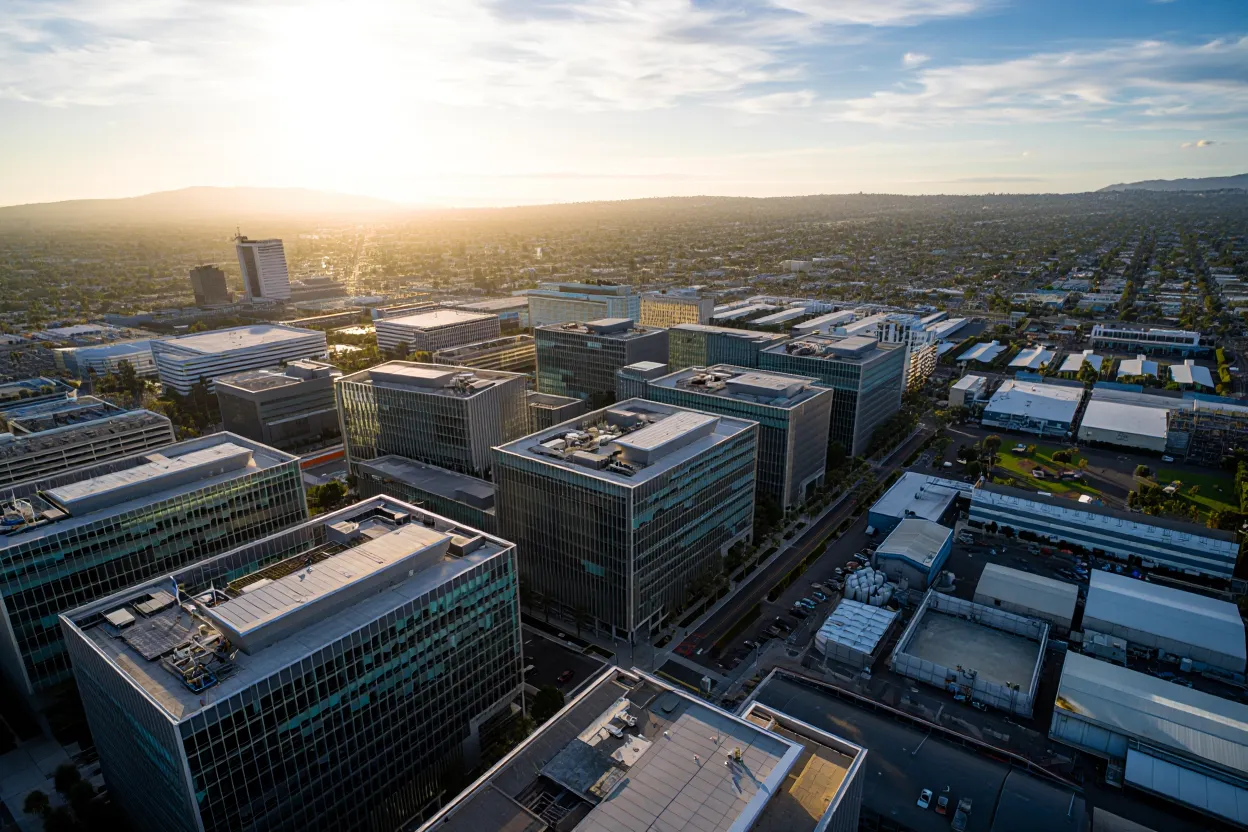- Arbor adjusted 39 multifamily bridge loans by extending maturity dates and providing temporary rate relief.
- Their CFO’s pragmatic approach focused on supporting borrowers while improving loan positions.
- Arbor is seeing significantly more non-performing loans but has managed to strategically prevent further losses.
arbor realty trust (ABR), a major multifamily lender, modified nearly $1.9B in loans in response to mounting financial struggles for borrowers.
Loan Modifications
The 39 multifamily bridge loans in question had their maturity dates extended, providing temporary rate relief. For about $1.1B of the loans, borrowers put up 4% of the cash they owed into the deals. Many of the loans have also been packaged into CLOs.
Arbor was focused on improving each loan’s position while supporting beleaguered borrowers, openly acknowledging the challenges faced by many in maintaining distressed asset values.
Exposure to Non-Performing Loans
Arbor’s loan book, primarily tied to multifamily borrowers using floating-rate bridge debt, saw non-performing loans totaling $465M at the end of March, 70% higher YoY. CFO Paul Elenio stated that the firm has already bought out $223M from its CLOs.
Through these strategic modifications, Arbor prevented an additional $957M from being classified as non-performing, staying profitable despite broader challenges. For 1Q24, Arbor reported $57.9M in net income, down from $84M in 4Q23.
Risk Mitigation Strategies
Arbor’s involvement in collateralized loan obligations (CLOs) gives the firm the power to replace troubled loans with performing ones, demonstrating a proactive approach to managing loan portfolios amid market uncertainties.
But one short-seller, Viceroy Research, believes most of Arbor’s CLOs are in trouble, and their recent report dropped ABR shares from $13.84 to $12.03 per share, although the stock has since recovered to $13.49 as of Wednesday.
















